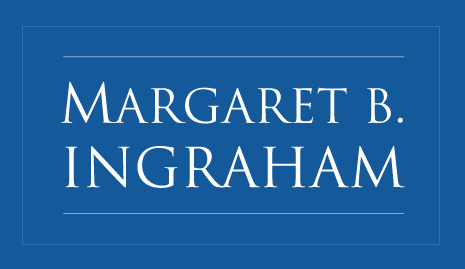Early one morning in February 2005 I sat alone in a one-room building that had once been a corncrib atop a hill called Mt. San Angelo nestled in the Shenandoah. The quiet and isolation of that tiny space conspired with the sheer beauty of the surrounding Blue Ridge mountains to make it a place of inspiration. I was there to be still, to practice my art of poetry.
But that morning, before taking out my own notebook, I opened a Lenten journal and read the single verse from the 119th psalm selected for the day. It was meant to draw the reader into meditation and prayer. Yet that isolated verse of David’s longest and most magnificent psalm, rendered as it was in English, led me in an entirely different direction.
I will not argue against the power of one verse of Holy Scripture to speak, but I also believe strongly in the value of context in shaping a right understanding. On that particular day, those words were crying out for such. So I turned to Psalm 119 and began to read it in the Hebrew. Then the central petition of verse 18, typically translated “open my eyes” — remove, in the sense of making completely naked, the cover from before my eyes, the original language pleads—began to be answered for me. I saw the whole wondrous psalm in a new way as it opened in fullness before me.
Looking back at the short journal entry I jotted down that morning, I can see I realized immediately that fresh insight was also placing a task before me. I was uncertain what course that newly assigned duty would take, but I sensed I needed to embrace it. So I did.
Surely I did not anticipate that I would spend the next four years immersed in Psalm 119: reading and rereading it in Hebrew, transliterating it, translating it, and finally adapting its 22 sections into lyric poems in English that would become the centerpiece of my book This Holy Alphabet.
Nor did I expect that studying that one psalm would not only lead me to examine other psalms but also to delve deeply into the life and story of the Great Psalmist David. Most of all, I could not have conceived the blessing that would flow from the assignment.
Why am I hearkening back to an experience of a decade ago now and in this forum? Because as I was then, I am confronted by questions again. But this time they are not my own. Over the past several months, a multitude of people have asked me questions that had something in common. Questions all beginning: “Are you still…?”
 They were referring to what I had done during the several years immediately following the publication of This Holy Alphabet. As every author knows, once a book is released, then the real work begins. Promotion and commotion. Book signings, book talks in any and every venue and before any and every audience one can find — in libraries and bookstores and churches and schools and private homes and seminaries.
They were referring to what I had done during the several years immediately following the publication of This Holy Alphabet. As every author knows, once a book is released, then the real work begins. Promotion and commotion. Book signings, book talks in any and every venue and before any and every audience one can find — in libraries and bookstores and churches and schools and private homes and seminaries.
Was I still out there talking about the mysteries and marvels of the psalms and the Holy Tongue and David, the Great Psalmist and greatest poet in the history of the world? Was I? Because if I were, they wanted to hear still more. And if I weren’t, why not? They still wanted to hear more. Everyone kept saying still.
The poet in me was drawn to that one word and to the double-entendre, at least, I found lurking there. Still. Isn’t there abundantly more to explore in the life and the work of the Poet King of Israel? Still. Are you continuing to encourage dialogue about David and the psalms in an increasingly hungry, dangerous, divided and secular world? Still. Are you spending time motionless and attentive before the Great I AM as His character and promises are revealed through your study of David?
So it was that the “still small voice” spoke to me, to my heart, directing me once again to mine the mother lode of the life, prayers and poetry of the one person He called “a man after His own heart” (1 Sam 13:14). And to share it.
Welcome to Terms of Heart. Be still with me. Dig and wrestle, seek and rest with me. Join the quest with me to cultivate and to own that very same kind of heart.

